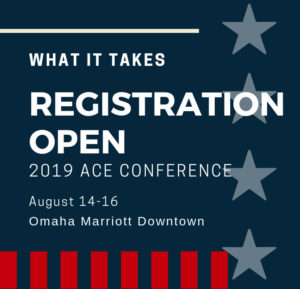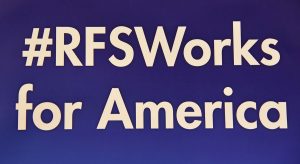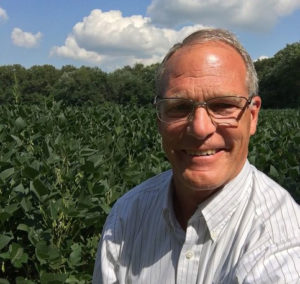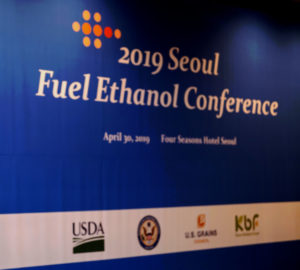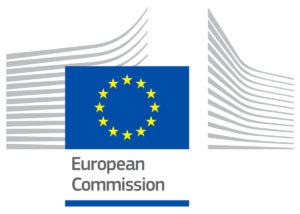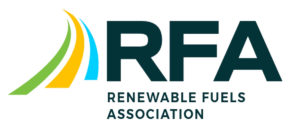 More than a dozen industry stakeholder organizations are asking Congressional leaders to take immediate action on bipartisan legislation to extend the biodiesel tax incentive.
More than a dozen industry stakeholder organizations are asking Congressional leaders to take immediate action on bipartisan legislation to extend the biodiesel tax incentive.
Thirteen trade groups representing farmers, rural lenders, crop and biobased oil producers, and biodiesel producers sent a letter this week to House and Senate leadership stressing the urgent need for the rural economy.
“America’s farmers and rural communities are facing a mounting economic threat. With your leadership, Congress can help mitigate the crisis by taking immediate action on a policy that enjoys bipartisan, bicameral support. We are writing today to ask you to renew and extend the biodiesel tax incentive at the earliest opportunity,” the letter states.
In addition to the National Biodiesel Board, the groups include the Agricultural Retailers Association, American Farm Bureau Federation, American Soybean Association, CoBank, Corn Refiners Association, Farm Credit Council, National Council of Farmer Cooperatives, National Farmers Union, National Oilseed Processors Association, National Renderers Association, National Sorghum Producers, and U.S. Canola Association.


